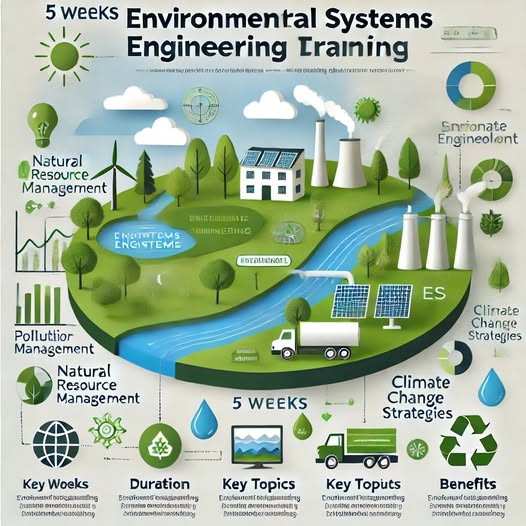
About Course
🛢️ Training Course Plan: Industrial & Vegetable Grease Manufacturing
Code: 14001-Env
📅 Duration: 4 Weeks (8 Lectures)
📄 Description:
This course provides a comprehensive understanding of industrial and vegetable-based grease manufacturing. It covers the fundamentals of lubrication, raw materials, production processes, quality control, and industry applications. Participants will also explore the latest innovations in grease technology and sustainability.
⚙️ Technical Information:
-
Base Oils: Mineral, synthetic, and vegetable oils
-
Thickeners: Lithium, calcium, aluminum, polyurea, and bio-based alternatives
-
Additives: Anti-wear, anti-corrosion, extreme pressure, and oxidation inhibitors
-
Production Methods: Batch and continuous manufacturing, high-temperature processing
-
Testing Standards: ASTM and ISO performance testing
-
Industry Applications: Automotive, aerospace, heavy machinery, food-grade lubrication
-
Environmental Regulations: EPA, REACH, biodegradable and sustainable greases
🎯 Target Audience:
✔️ Chemical and mechanical engineers
✔️ Researchers in lubricants and industrial chemistry
✔️ Professionals in the oil, gas, and lubricant industries
✔️ Entrepreneurs interested in sustainable lubrication solutions
📚 Course Content
Week 1: Introduction to Grease Manufacturing
📌 Lecture 1: Fundamentals of Lubricating Greases
-
Composition and role of industrial and vegetable greases
-
Difference between mineral-based and bio-based lubricants
📌 Lecture 2: Raw Materials and Additives
-
Types of base oils (mineral, synthetic, vegetable)
-
Grease thickeners: lithium, calcium, aluminum, and polyurea
-
Performance-enhancing additives (anti-wear, anti-corrosion)
Week 2: Grease Formulation and Production Techniques
📌 Lecture 3: Grease Manufacturing Processes
-
Batch vs. continuous production methods
-
High-temperature and pressurized reactors
-
Quality control in grease processing
📌 Lecture 4: Testing and Performance Evaluation
-
Rheological and tribological properties
-
Standardized testing methods (ASTM, ISO)
-
Impact of temperature and pressure on grease stability
Week 3: Application and Industry Standards
📌 Lecture 5: Industrial Applications of Grease
-
Automotive, aerospace, and heavy machinery greases
-
Eco-friendly lubricants for food and pharmaceutical industries
📌 Lecture 6: Regulatory and Environmental Considerations
-
Sustainability and biodegradability of vegetable-based greases
-
Compliance with environmental regulations (EPA, REACH)
Week 4: Advanced Developments and Business Aspects
📌 Lecture 7: Innovations in Grease Technology
-
Nanotechnology in lubricants
-
High-performance synthetic greases
📌 Lecture 8: Setting Up a Grease Manufacturing Business
-
Market trends and business opportunities
-
Cost analysis and production scalability
✅ Course Outcomes:
✔️ Understanding the composition and function of lubricating greases
✔️ Mastering production techniques and quality control methods
✔️ Gaining insights into industrial applications and regulatory compliance
✔️ Learning about emerging technologies and business strategies
Course Content
🛢️ Training Course Plan: Industrial & Vegetable Grease Manufacturing
Student Ratings & Reviews



